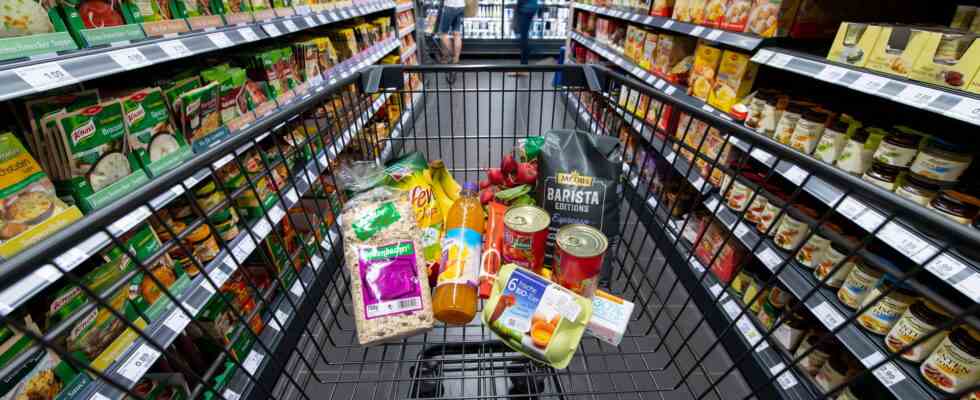Status: 03/10/2022 1:37 p.m
Russia’s war of aggression against Ukraine will put a heavy strain on the German economy. Economists also expect significantly higher inflation. Calls for cutbacks in climate protection are also becoming louder.
As a result of the war in Ukraine, the German Institute for Economic Research (DIW) expects economic output in Germany to decline and prices to rise even more. “I expect that the German economy will now slide back into recession,” said DIW President Marcel Fratzscher in an interview with the “Neue Osnabrücker Zeitung”. As in the fourth quarter of last year, the German economy is likely to shrink in the first and second quarters of 2022.
“Not all price increases passed on yet”
At the same time, the economist assumes that inflation will accelerate. “There will probably be inflation rates of well over five percent in the current year. If the war escalates and new sanctions are imposed, it can even go towards ten percent,” he said. According to Fratzscher, inflation is likely to increase again in the coming weeks and months, “because not all price increases and higher costs have yet been passed on to consumers”.
According to Fratzscher, one should not only look at energy prices, but also at supply chains for raw materials such as rare earths and food. Russia is one of the major exporters of wheat and fertilizers. “We must therefore be prepared for the fact that food prices could rise significantly again.” It could be “very, very hard for consumers in the coming months”.
“Fit for 55” in danger?
In the meantime, according to Michael Hüther, the climate protection package proposed by the EU Commission will not be implemented as planned because of the war in Ukraine. “Fit for 55 will not be enforceable in this way,” said the director of the employer-related Institute of the German Economy (IW) of the dpa news agency. In view of the uncertain situation, companies should not be burdened with additional costs. “The goals for climate neutrality are not in question, but the way to get there must be checked,” emphasized Hüther.
The “Fit for 55” package provides for climate-damaging emissions to be reduced by 55 percent by 2030 compared to 1990. By 2050, the EU must become climate-neutral, i.e. no longer emit any emissions that are not bound. “The 2030 milestone should be lifted,” said Hüther. In addition, it is unrealistic to extend emissions trading to buildings and transport.

